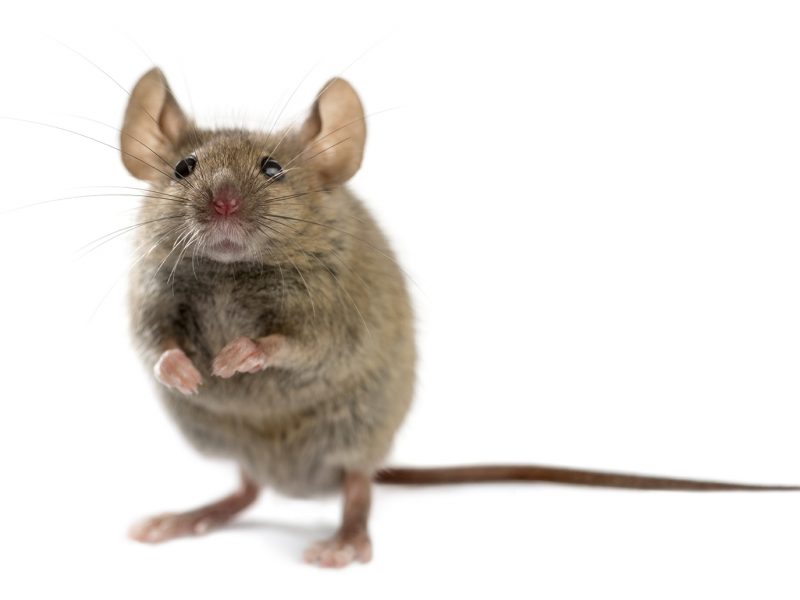The province has ratified a ban on the use of second-generation anticoagulant rodenticides.
The ban follows an 18-month pilot program that began in July 2021, during which the province consulted broadly with both public and technical experts. The permanent ban, implemented under a revised Integrated Pest Management Regulation, takes effect on Jan. 21, 2023. It outlaws the use of second-generation rodenticides by individuals and most commercial and industrial operations.
“Only select sectors deemed ‘essential services,’ such as hospitals and food production” – including farms – will continue to have access to the products, according to the BC Ministry of Environment and Climate Change Strategy.
The province says the changes aim to shift pest control practices to softer methods, such as less toxic rodenticide alternatives, traps and environmental changes such as removing food sources.
Any farmers who still want to use the banned rodenticides will need to present proof of business ownership and farm status such as a farmer ID card, BC property assessment notice noting farm status, an AgriStability or AgriInvest statement, as well as a copy of a pesticide applicator certificate.
Producers will also be required to use the rodenticides as part of an integrated pest management program and record all instances of use.
Pesticides and poisoned rodents must be disposed of prudently to prevent harm to wildlife, especially raptors, which are key partners in controlling voles, mice and other rodents on Fraser Valley farms.
Research by Sofi Hindmarch, a project biologist with the Fraser Valley Conservancy, has found at least one, and very often two, rodenticides in 100% of raptors examined. The shift away from certain rodenticides will contribute both to their survival and ongoing contribution to IPM programs.
Ideally, Hindmarch would like to see barn owls, hawks and other raptors become a greater part of rodent control on BC farms. She feels rodenticides should be a last resort rather than the default option.
Details on IPM principles, best practices for rodenticide disposal and recording keeping templates are available from the BC Ministry of the Environment and Climate Change Strategy at [https://rb.gy/2koov6].
With files from Kate Ayers


 Producers look beyond 2021’s floods
Producers look beyond 2021’s floods